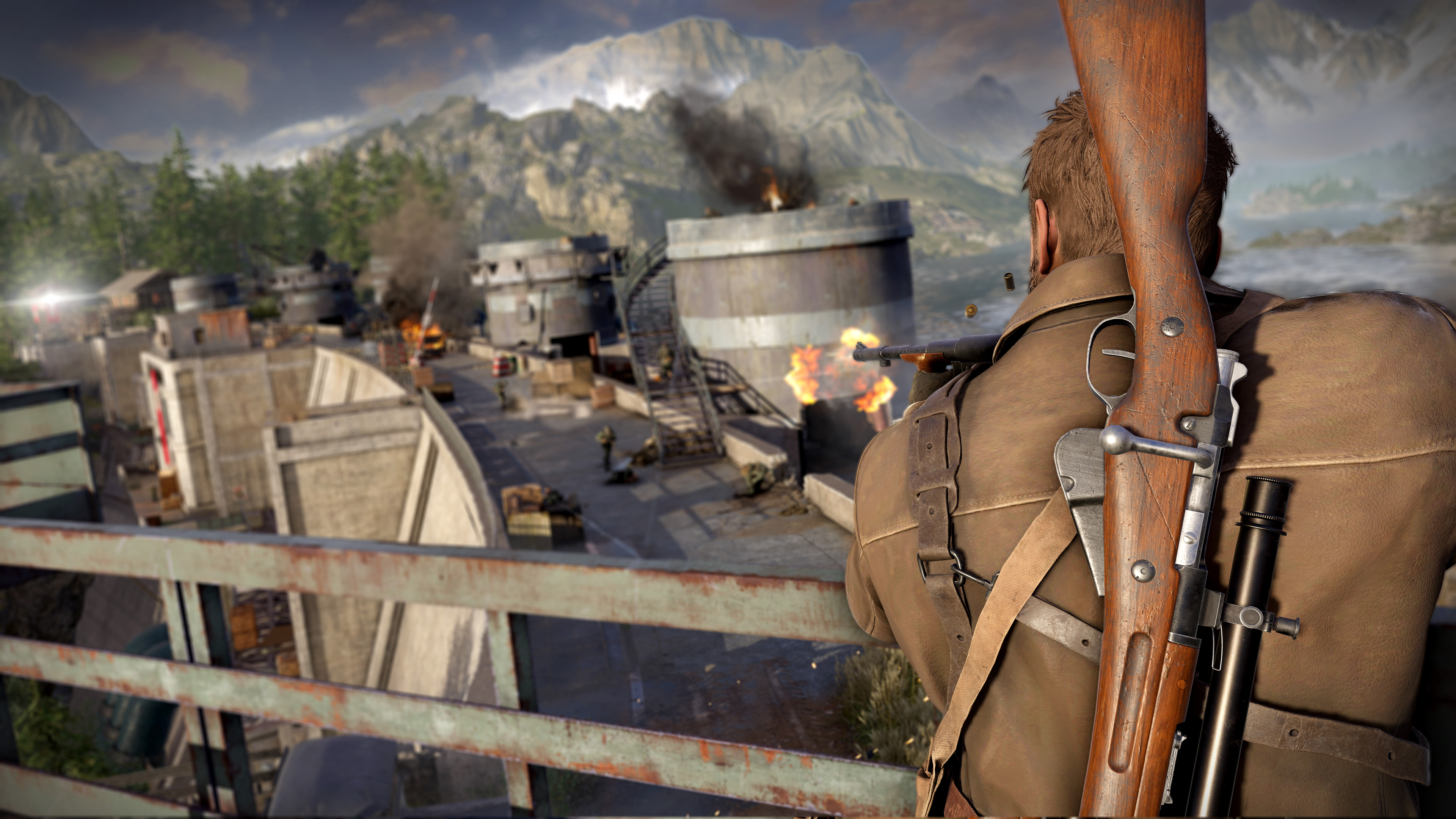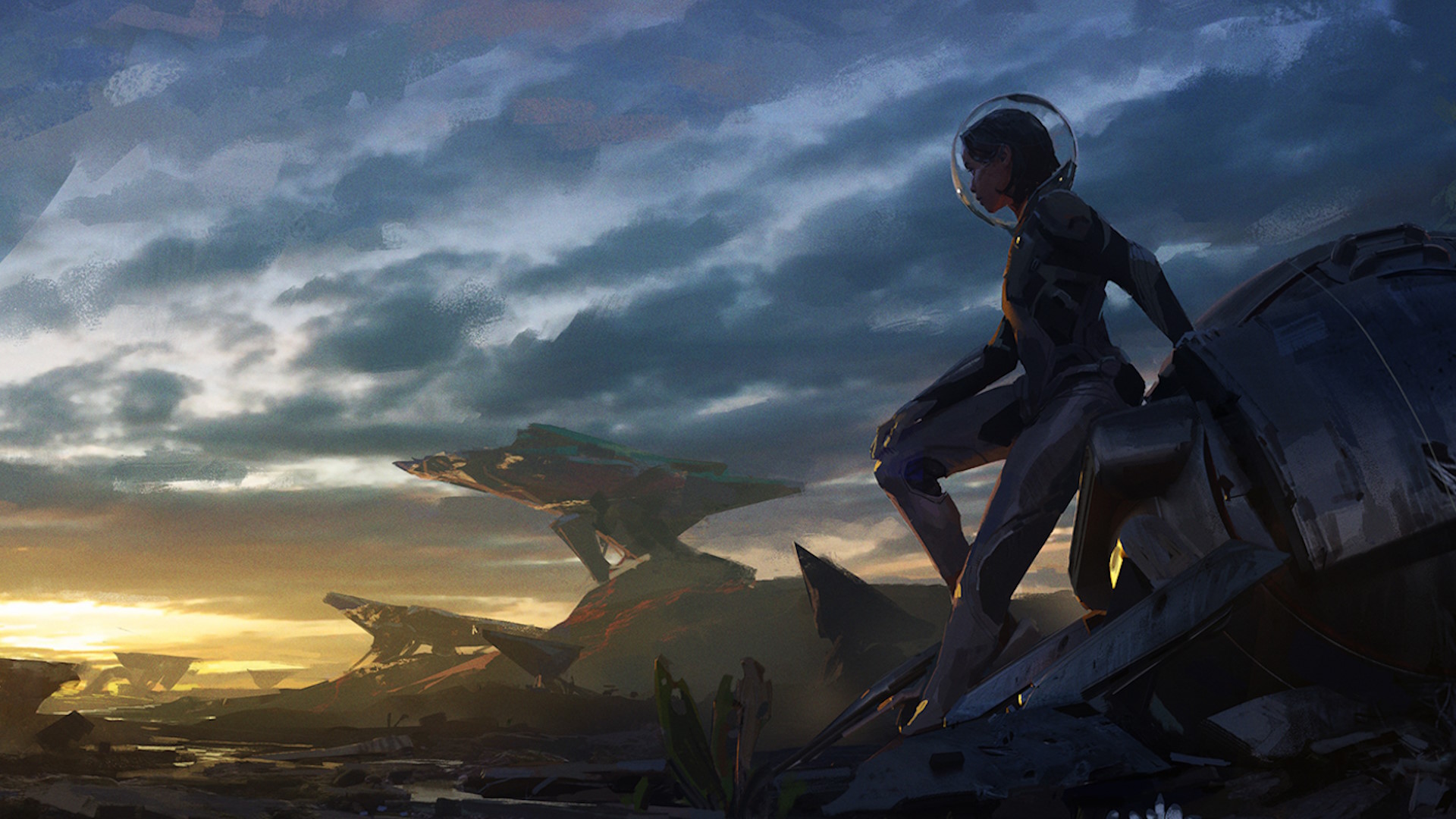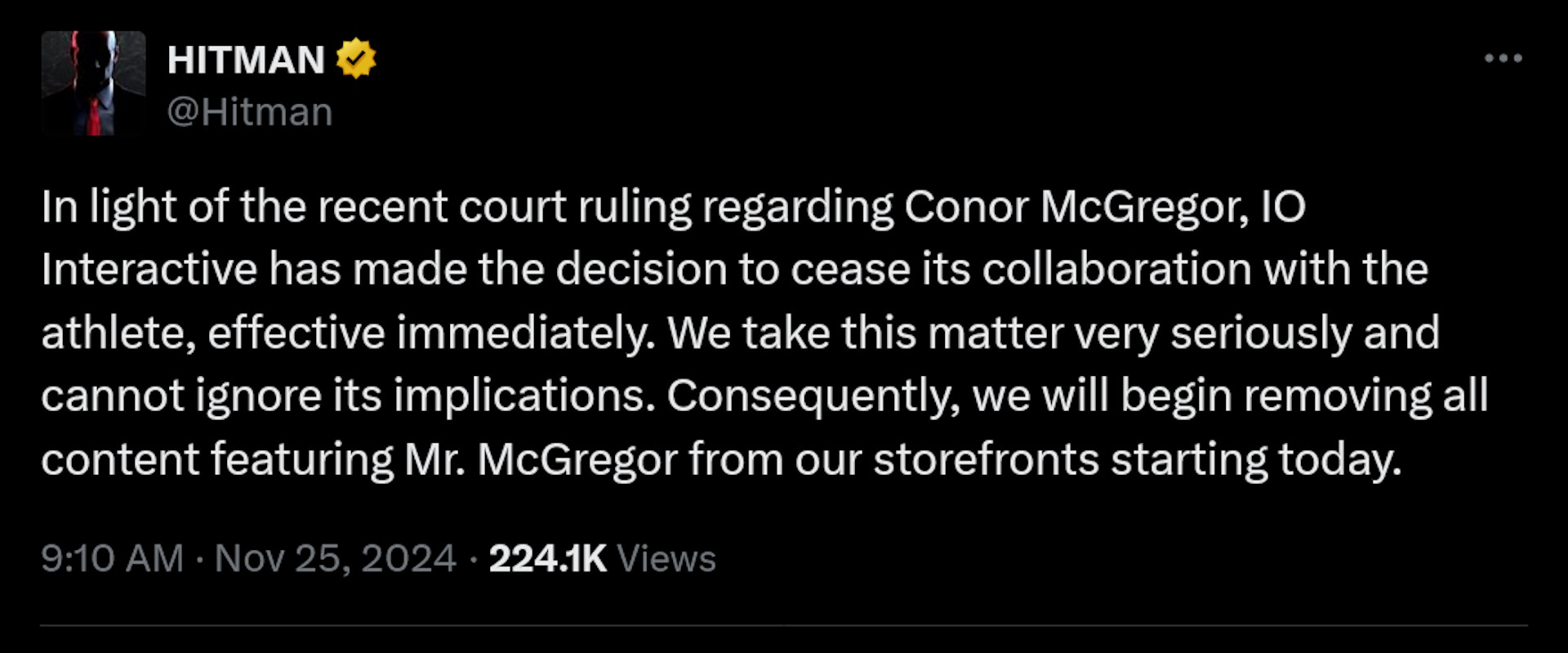AI has been up to some funny things in the last few years. People have declared the supposed merits of generative AI for creating textures, they have managed to get Doom running on a neural network, and, ‘any day now’, we’re supposed to get user prompt-inspired games to play. As you might expect, today is not that day.
Decart, an AI company that seemingly popped up overnight, has unveiled Oasis, “the world’s first real-time AI world model”.
Oasis works via frame prediction. An AI model is given huge masses of data, which can then be used to predict the next frame. This is why the tool seems to invent blocks and doesn’t seem to have object permanence. It doesn’t store data from your world and loses track of things you’ve done after some time.
“Oasis takes in user keyboard and mouse input and generates real-time gameplay, internally simulating physics, game rules, and graphics,” Decart says.
You aren’t playing the game, per se, you are instead playing an approximation of the game.
1/ We are excited to introduce Oasis, the world’s first real-time AI world model, developed in collaboration with @Etched. Imagine a video game entirely generated by AI, or a video you can interact with—constantly rendered at 20 fps, in real-time, with zero latency pic.twitter.com/WAJFRyfTzSOctober 31, 2024
In the announcement for this new model, Decart published where this tech can go, saying:
“Simply imagine a world where this integration is so tight that foundation models may even augment modern entertainment platforms by generating content on the fly according to user preferences. Or perhaps a gaming experience that provides new possibilities for the user interaction such as textual and audio prompts guiding the gameplay.”
That last part suggests that users can generate their own experiences, by heightening stakes on the fly or manipulating the game as they go. However, the current model is much more limited than that.
Decart is seemingly generating a version of Minecraft, and a poor pixelated one at that. The end of the trailer for this new engine says “Imagine what AI experiences could look like if everyone had the power to create them” and that’s exactly what I have to do as this game was created by Mojang almost two decades ago.
If everything is as Decart says here, the idea of AI-generating Minecraft could be quite impressive, but it’s important to note this is not even close to the future envisioned. The work required to mimic a game that is widely accessible is different from the ability to effectively imagine and create bespoke experiences based on user prompts.
Decart says it wants to reach a point where a user can say “Imagine that there is a pink elephant chasing me down” and one appears, but right now it’s struggling to make a look-a-like of a very old game using tons of training data from said game. Millions of hours of Minecraft gameplay, according to MIT Technology review.
This is before mentioning whether or not users even want this, the copyright implications of where that data is scraped from, and if the ability to frame all your art around yourself is particularly good for your media diet.
This tool was created with Nvidia H100 cards, and if you thought Minecraft was a generally easy game to run, this isn’t. It runs at 360p at 20 fps. Though the future of this hardware is proposed to be made with Etched ASICs, Decart’s partner here. These will supposedly allow it to run this sort of tech at 4K.
Of course, not all uses of this kind of AI in games are intended to just copy other games, and some of it is, in fact, very good for the average gamer. AI-powered Frame Generation can give much better performance in games with the same basic gear, and in theory, also relies on generating future frames based on the previous information presented to it.
I thought I would try to give Oasis a go, by accessing the site, and after getting through the waiting time, the whole thing wouldn’t load. This isn’t to say you can’t access it but that I couldn’t, and, at this rate, I’d rather just boot up the real thing.



